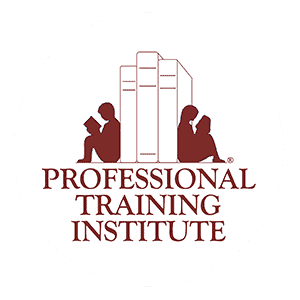
Parents and guardians are invested in helping their children with dyslexia learn and grow, but they also might not know how to help them thrive in school. These are some quick tips for accommodations in the classroom:
- Extra time on tests. For a number of students with dyslexia, the information is there; however, it may take them longer to retrieve it than neurotypical readers due to slower processing skills. Advocate for additional time on tests so your children can display their depth of knowledge.
- Shorter assignments. Students with dyslexia are often working significantly harder than their non-dyslexic peers to produce the same results. Shortening assignments is a matter of equity.
- Audiobooks accompanied by a hard copy of the text give students with dyslexia access to complex text and vocabulary that they probably would not be able to read independently. Learning Ally, which historically provided audiobooks solely for the blind, is an excellent resource for those with dyslexia now. Additionally, most libraries have a large selection of audiobooks. Students have even gone on YouTube to listen to books read aloud. Any text that the school is requiring for your children should be made available on audio.
- Foreign language exemption. If students are having difficulty using the alphabetic principle for English, learning the code for another language is going to be equally challenging. Check with the learning team to see if an exemption is possible, or if there are other courses such as sign language that could meet the language requirement.
- Scaffolded notes. Request that teachers provide scaffolded notes. Maybe the teacher will write down the details and the students will just fill in the blank with the big ideas. Alternatively, the teacher might just provide a completed set of notes.
- Use of technology for taking notes in class. Smartphones are an additional appendage for most of the tween-plus crowd. Instead of treating them like the devil, put them to good use:
- Let students use recording options for lectures.
- Use cameras to take a picture of visuals or lecture notes.
- Utilize software that will read text aloud or provide a definition for a word.
- Access software that translates speech to text to help with spelling and writing assignments.
Parents and guardians are the experts—as well as some of the strongest advocates—when it comes to knowing what’s best for their child. Although nothing will replace the importance of a direct, multisensory, structured language approach to remediating reading difficulties for individuals with dyslexia, parents and guardians can help.










Jaydin Skinner says: